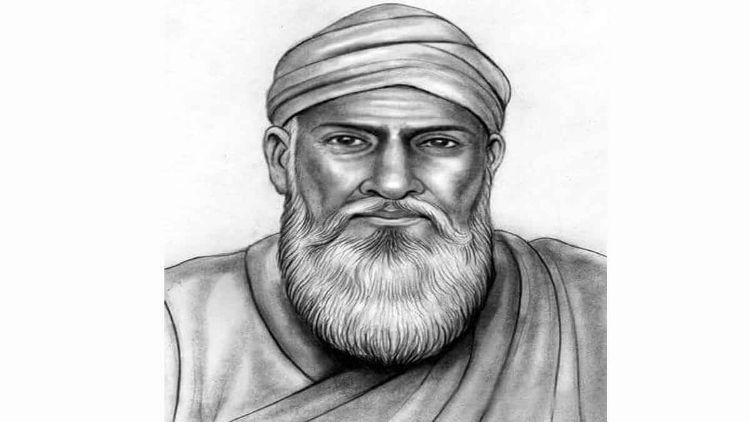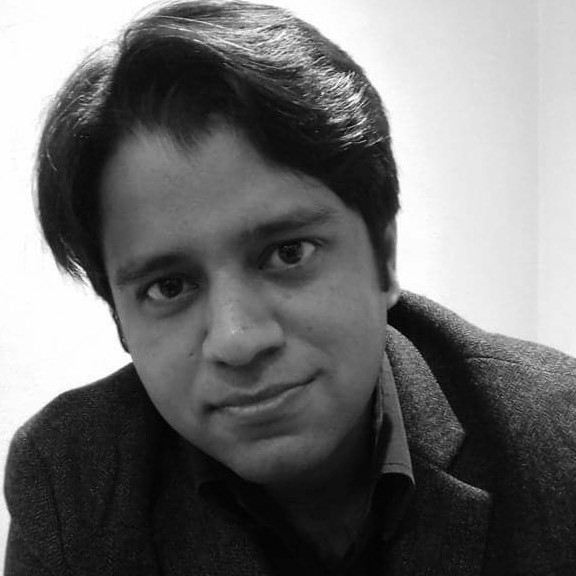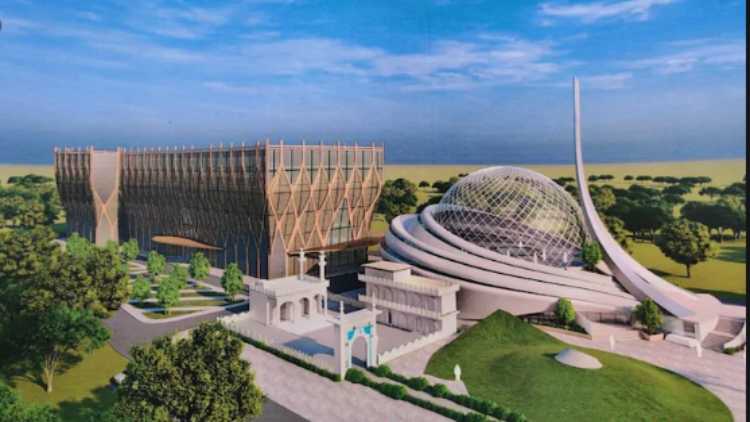
 Saquib Salim
Saquib Salim
The announcement of naming the mosque-hospital complex, mandated by a Supreme Court order, in Ayodhya after Maulvi Ahmadullah Shah Faizabadi by Indo Islamic Cultural Foundation (IICF) will have far-reaching consequences on Hindu-Muslim relations in India. The Foundation has chosen a Maulvi who was largely forgotten in India. For reasons ranging from ideological biases, political inclinations to lack of sensationalism, historians and writers did not bother to bring out a man who united Hindus and Muslims against the British. While writing about Ayodhya the focus of most of the historians was Babri mosque, an issue that divided the two largest religious communities of India; nobody wanted to write about the Maulvi, who could have acted as a point of mutual respect between the communities.
Historians in India had divided themselves between the left and the right camp and the popular discourse during the last seven decades was largely controlled by the left. The very fact that one of the earliest Hindutva ideologue, Veer Damodar Savarkar, in his book ‘The Indian War of Independence of 1857 devoted several pages to the Maulvi can also be one of the many reasons that the Maulvi remained an unsung hero among the leftist historians. Whatever be the reason, it remains a harsh truth that the Maulvi did not get the recognition he was worthy of.

Maulvi Ahmadullah Shah Faizabadi Mosque-hospital at Dhanipur
In the present political scenario, it seems implausible but Veer Savarkar believed that the Maulvi was one of the chief architects, leaders and martyrs of the Indian War of Independence of 1857. In his book, Savarkar writes :
“In the case of extraordinarily brilliant heroes like Moulvie Ahmad Shah, their death is as noble and as extraordinary as their life. Others may die when they are killed in battle, but one whose very soul is on fire with a burning patriotism and who is dancing on the battle-field with shouts of " Blood! Blood!" in order to quench that fire, knows no death; even if such a patriot falls in battle before his thirst for revenge is slaked, he does not die! Though the head is cut off, it has been seen, as a matter of fact, that the trunk of heroic men continued the fight in the field, and there is a belief that when even this latter is cut to pieces their disembodied spirits harass the enemy at night.”
The book has a dedicated chapter for the Maulvi. While most of the chapters are named after the centres of the revolt, only Maulvi Ahmadullah, Mangal Pandey, Rani Lakshmi Bai, Nana Sahib, Tantia Tope, Kumar Singh and Amar Singh were considered worthy of chapters named after them. The chapter on the Maulvi is the second-longest after the one on the Rani. Apart from the chapter Savarkar has discussed his role, impact and leadership at several places in the book.
In the book, Savarkar explains the military tactics and plannings of the Maulvi. The Maulvi had alliances with Khan Bahadur Khan, Nana Sahib, Begum Hazrat Mahal, Rani Jhansi and others. All of them rose up in arms against the British with a renewed vigour after he was killed treacherously by Raja Jagannath for a Rupees 50,000 reward. The Maulvi, in the book, was hailed as a great military strategist who knew how to attack the enemy, make alliances and fight till the last drop of blood.
Savarkar praises the Maulvi as a man who proved that the doctrine of Islam and Nationalism are in complete agreement. In the book he writes :
“The life of this brave Mahomedan shows that a deep faith in the doctrines of Islam is in no way inconsistent with, or antagonistic to, a deep and all-powerful love of the Indian soil; that a Mahomedan, dominated by an uncommonly spiritual impulse, can, at the same time, nay, by the very fact of his being so dominated, be also a patriot of the highest excellence, offering his very life-blood on the altar of Mother India so that she might hold her head as an independent and free country; and that the true believer in Islam will feel it a pride to belong to, and a privilege to die for, his mother-country!”
I hope that IICF will not stop at symbolism by only naming the mosque-hospital complex after this son of the soil and does more to commemorate his memory. India desperately needs people to know the ideals for which the Maulvi laid down his life. Naming a monument, building, park or complex does not serve the purpose, we need to tell the people about the man and his principles.
I hope that people will trace the ideals of the Maulvi and learn about Hindu-Muslim unity. We need to understand that nationalism overrides the other ideological positions and only then can we prosper.
(Saquib Salim is a Historian and a writer)
